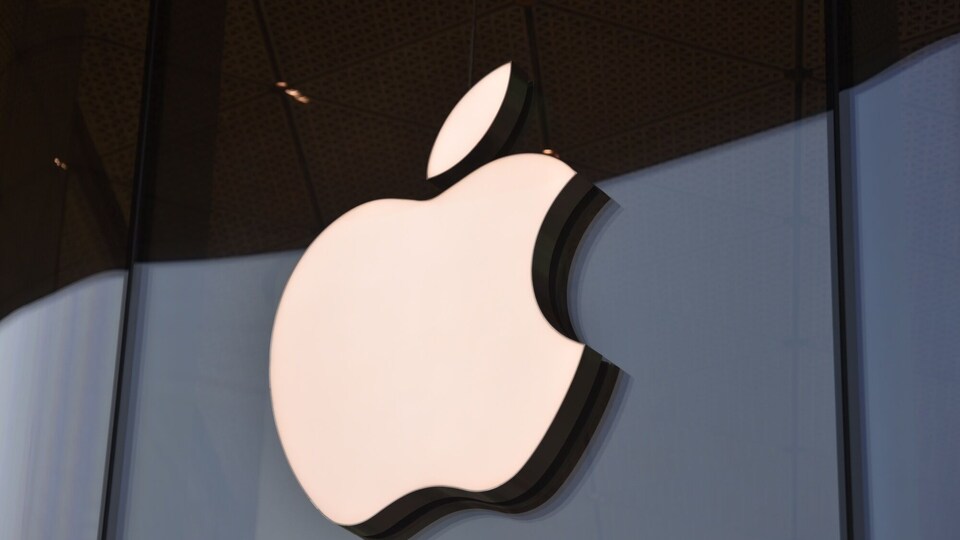Apple’s Huge Buybacks Matter as Much to Investors as iPhones and Macs
One of the most important numbers in Apple Inc.’s upcoming earnings report has nothing to do with iPhones or Mac computers but the amount of money the technology giant plans to spend repurchasing its own shares.


One of the most important numbers in Apple Inc.'s upcoming earnings report has nothing to do with iPhones or Mac computers. It's the amount of money the technology giant plans to spend repurchasing its own shares.
Speculating on the size of the outlay has become a sort of annual parlor game on Wall Street as Apple's capital return plans have emerged as one of the big draws for investors amid slowing revenue growth and economic uncertainty.
For the year ahead, some analysts expect the Cupertino, California-based company to commit $90 billion to repurchases, the same as last year. Apple has historically reported its buyback plans in its fiscal second-quarter results, which are slated for May 4.
For investors, the firm's buybacks have come to act as “a sign of their confidence in the business,” said Gene Munster, co-founder and managing partner at Deepwater Asset Management. “If something changed unexpectedly on that, it could tarnish their safe-haven status.”
Investors like buybacks because they reduce outstanding shares, boosting earnings on a per share basis and providing a lift to the stock. For Apple, its capital return strategy and steady cash flows are helping fuel outperformance. The stock is up 27% in 2023, on course to beat megacap peers Microsoft Corp., Alphabet Inc. and Amazon.com Inc. for a second consecutive year.
In the past decade, Apple has spent $573 billion on buybacks, according to data compiled by Bloomberg, by far the most among US companies. What's more, the firm's buying has been relatively steady despite stock market volatility or business cycles.
“Apple hasn't tried timing the market when it comes to buybacks, so I don't think they'll meaningfully slow buybacks as shares rally,” said Ali Ragih, senior analyst at VerityData, a research firm that specializes in tracking insider activity and stock repurchase trends.
Apple's biggest buyback authorization came in 2018 when it set aside $100 billion. In each of the past two years, it has allocated $90 billion, which Ragih expects to be repeated this year.
Even though the iPhone maker's revenue and earnings per share are each projected by analysts to fall about 2% this year, that should have no bearing on Apple's buyback strategy, according to Bloomberg Intelligence's Anurag Rana.
Apple ended last quarter with about $165 billion in cash and marketable securities, and is still some way from its future goal of having zero net cash — cash minus debt outstanding.
That target leads Bloomberg Intelligence to project that the company will reach a milestone of $1 trillion in buybacks and dividends by 2025, since the repurchase program started in 2012.
Catch all the Latest Tech News, Mobile News, Laptop News, Gaming news, Wearables News , How To News, also keep up with us on Whatsapp channel,Twitter, Facebook, Google News, and Instagram. For our latest videos, subscribe to our YouTube channel.


























